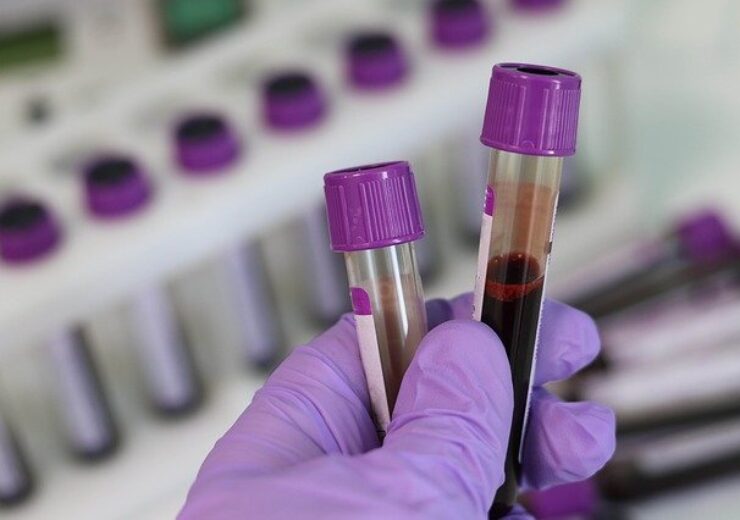The FDA previously granted a De Novo designation for the assay to detect MRD in patients with multiple myeloma and B-cell acute lymphoblastic leukemia

clonoSEQ Assay will measure MRD in CLL patients. (Credit: Belova59/Pixabay.)
Adaptive Biotechnologies has secured an expanded US Food and Drug Administration (FDA) approval for its clonoSEQ Assay to detect and monitor minimal residual disease (MRD) in patients with chronic lymphocytic leukemia (CLL).
The US regulatory agency has previously approved the assay to detect and monitor MRD in patients with multiple myeloma and B-cell acute lymphoblastic leukemia (ALL), using DNA from bone marrow samples.
The biotechnology company claims that its clonoSEQ is the first and only FDA approved in-vitro diagnostic (IVD) to monitor MRD in CLL patients.
Adaptive Biotechnologies chief medical officer Lance Baldo said: “The FDA clearance of clonoSEQ in CLL represents a significant advancement for patients with CLL. We believe this first-time clearance for clonoSEQ in blood will be advantageous for both providers and patients.
“Given the risks that COVID-19 poses for cancer patients, we are proud to be collaborating with two best-in-class service providers to offer clonoSEQ patients flexible and safe options for blood sample collection outside of a hospital or clinic.”
clonoSEQ will leverage immune medicine platform to identify the specific DNA sequences
Leveraging the company’s unique immune medicine platform, clonoSEQ identifies and measures the specific DNA sequences in malignant cells, enabling clinicians to evaluate and monitor MRD during and after treatment.
MRD indicates the remaining number of cancer cells present in a patient’s body during and after treatment, which may lead to recurrence of the disease.
The expanded FDA approval for clonoSEQ was supported by clinical data from two clinical studies, including an analysis of data from the CLL14 study, and a study conducted by Thompson et al.
In the CLL14 study, patients with undetectable MRD in blood by clonoSEQ at three months post-treatment had a nearly seven-fold reduced risk of disease progression compared with patients who did not reach undetectable MRD.
In a second study, clonoSEQ MRD has demonstrated significantly predictive of outcomes in both blood and bone marrow samples, regardless of the threshold at which MRD was assessed.
Swedish Cancer Institute hematologic malignancies chief John Pagel said: “We know that traditional CLL treatment response criteria are insufficient, so the ability to measure MRD with a test that is one hundred times more sensitive than standard flow cytometry may change our approach to treating CLL.
“A patient’s MRD status gives us timely information about how a treatment is working, so patients and providers can be in the driver’s seat when it comes to managing their disease and treatment decisions.”
